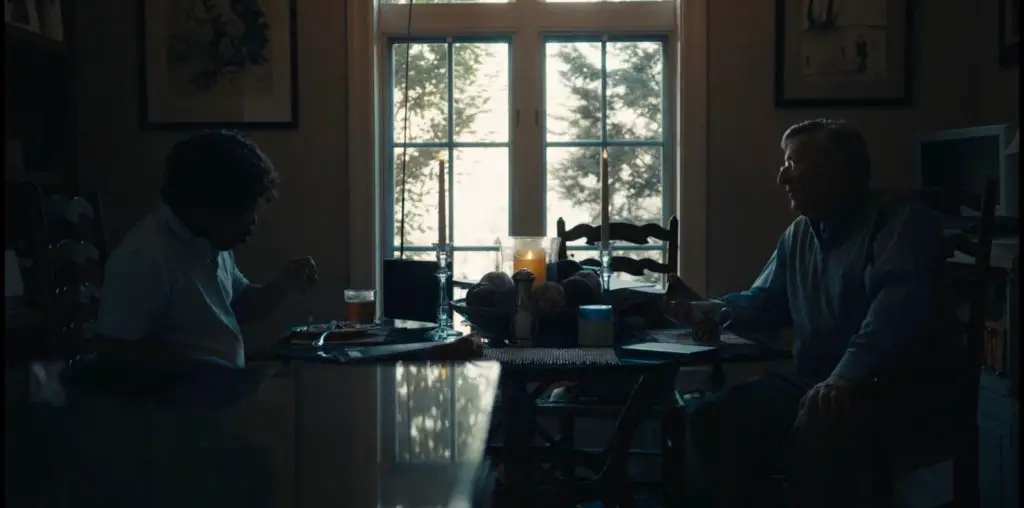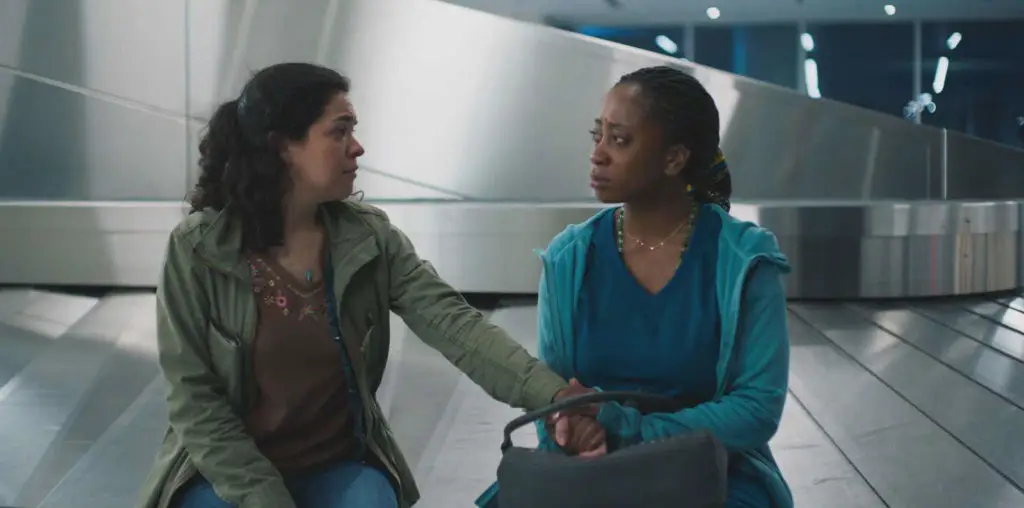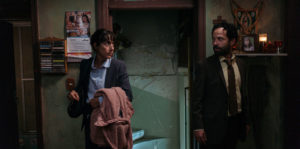
In his debut feature film, Rain (Lluvia), Rodrigo García Saiz intertwines six stories as continuing vignettes throughout 24 hours, culminating in endings that reveal the human condition in subtle revelations. A constant character in each story, torrential rain appears to provoke sadness, loneliness, fear, and despair.
A depressed school teacher, Laurita (Dolores Heredia), is robbed by a former student, Pablo (Kristyan Ferrer), in a shooting. The student ends up in her home to discuss the past. A man collapses on a subway, and a couple Esteben (Mauricio Isaac) and Carmen (Karina Gidi) perform a rescue to a hospital. In an odd decision, they visit his home. Jorge (Bruno Bichir) drives a taxi and his fare is his wife’s lover, but he, too, has a lover yet can’t handle the turn of tables. A billiard manager, Hector (Esteban Caicedo), meets a woman, who is from Osaka and has a connection that does not last. A seemingly sad nurse Angi (Martha Claudia Moreno) takes care of a young, wounded man by completing a strange errand for him, and a man and a sex worker discover they come from the same town.
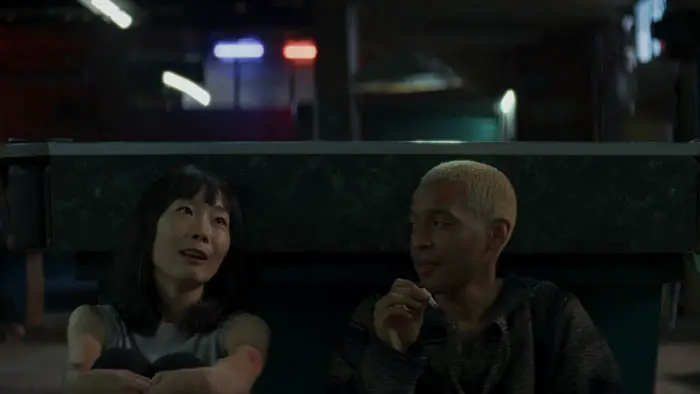
“…torrential rain appears to provoke sadness, loneliness, fear, and despair.”
Rain is mostly filmed at night in empty graffiti-covered streets, public places, hospitals, and apartments. All the characters appeared to be passing through or dissatisfied with their existence. The amount of hopelessness is almost overwhelming. In one particular story where a couple tries to save a man on the subway and visit his home, the husband’s anger and sadness about his relationship with his wife almost echo the entire premise of Rain. His wife will not speak or handle his rage—it’s a silent fight that appears to be everywhere in Rain. She is in a void, as are most of the women in Rain, except perhaps the sex worker, who, in the end, appears to have more to be happy about than the rest of the characters.
Among the rain and barrios of Mexico City, Saiz delivers his tale of forgotten people, lost love, and primarily bland lives that go unnoticed are ironically beautiful—genuine, authentic, and no two are alike. Perhaps the most ironic element to the beauty of Rain is knowing that Mexico City is experiencing drought to such an extent that “Day Zero,” a day when the water is no more, is on the horizon and a reality that could happen in our lifetime. It’s a strange reality that parodies the bizarre events occurring in each story within Rain. What’s not spoken feels so jarring or unsettling, yet never changing as another day comes around.
Rain is a beautifully filmed, acted, and artful film that is embraceable for cinephiles, especially due to its European thematic and film approach. It’s a thinking film with an ensemble of actors to carry the weight of each story. All the stories are paralyzing and unbearable, yet it’s just a day in Mexico City, and another day is on the cusp. Perhaps every city in the world has similar circumstances and suffering people. However, Rain in Mexico City seems to have grave meaning.
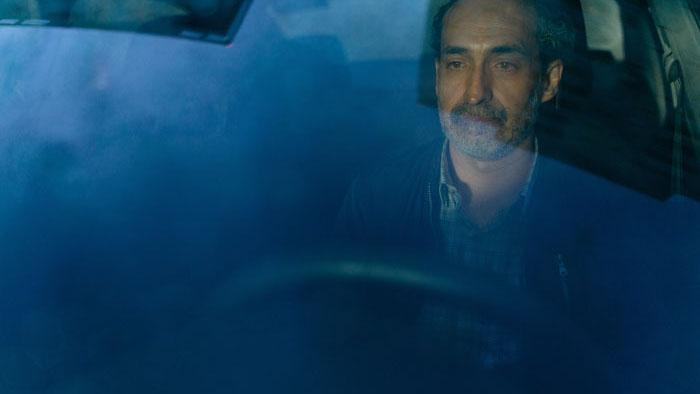
"…vignettes throughout 24 hours, culminating in endings that reveal the human condition in subtle revelations"

